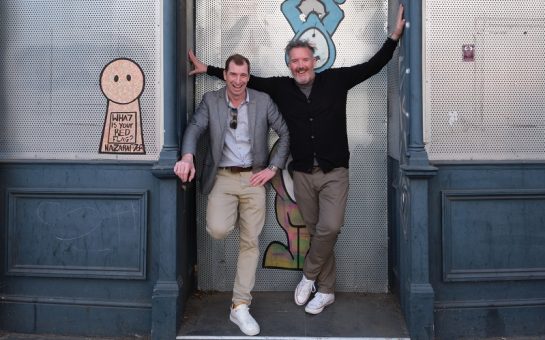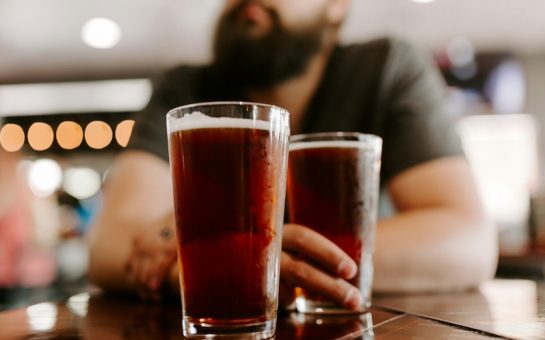‘Fatbergs’ costing £12m a year to clear are the culprits behind the majority of South West London sewer blockages, according to Thames Water.
In the last five years 295 floods and 5,298 blockages in Richmond were caused by these congealed masses made up of lumps of fat, wet wipes and sanitary items that should never be flushed.
Thames Water Sewer operations manager for West London, Trevor Hennessey explained that sewers can only carry certain items before getting clogged up.
He said: “Absolutely no one wants to have sewage overflowing into their home. It’s disgusting, distressing and completely avoidable.
“The sewers serve an important purpose – they are not an abyss for household rubbish.”
In a bid to combat the fatty deposits the company has launched a campaign with the motto of ‘Bin it – don’t block it’.
Free ‘fat traps’ will also be allocated so that residents can collect used cooking oil instead of pouring it down the drain, and shocking photos of clogged toilets and blocked sinks will be shared to explain to residents just how these masses are created.
“It is really simple, all they have to do is remember the motto of the campaign,” said Thames Water’s campaigns spokesman Craig Rance.
“Only human waste, toilet paper and water should be flushed down the toilet and everyone should make sure they clean the fat from their plates and pans.
“If there is a big amount of used cooking oil left, then the residents can collect it in a bottle and take it to the nearest recycle centre.”
Picture courtesy of Thames Water, with thanks




